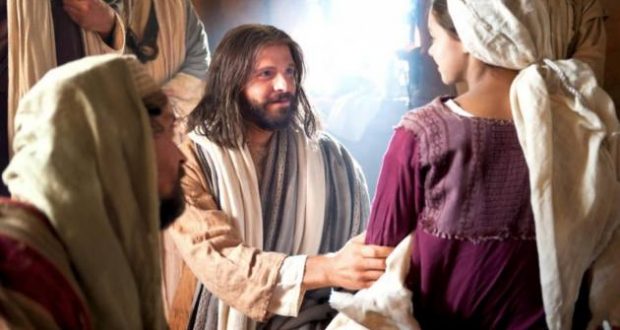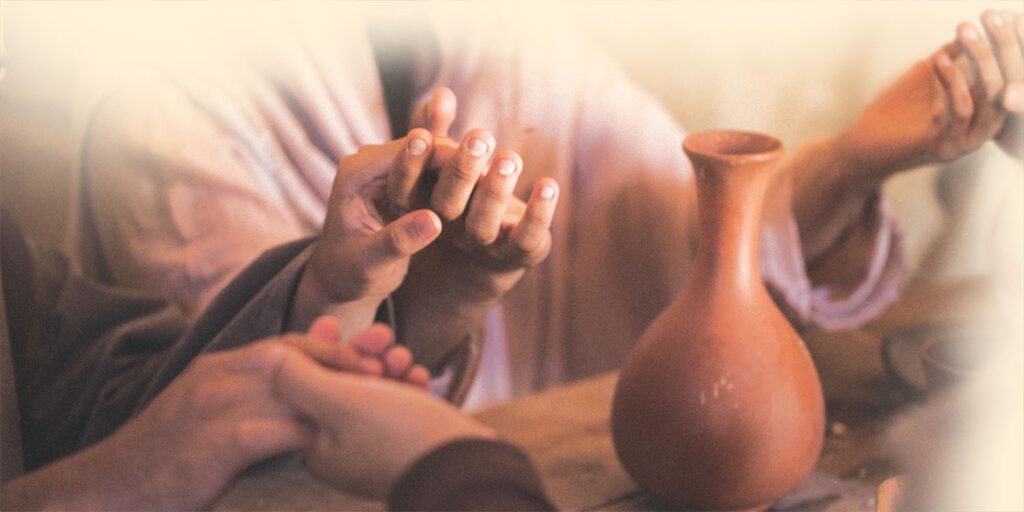Faith Disrupts Our Lives
Faith Disrupts Our Lives Taken from a Red Rock News Article (August 16, 2024) Rev. Dona Johnson | August 18, 2024 Faith disrupts. Have you ever prayed and asked God to disturb your life? How many of us would have the courage to pray this prayer? Let that sink in for a moment. “Lord please disturb me.” Who in the world wants their lives disturbed. Who wants their daily routines, their lifestyles and their comfort zones disrupted. Sometimes in our lives, when we least expect it, our life, plans get interrupted or put on hold. And how we respond to disruptions and change says a lot about our temperaments, but more importantly, it says much more about our faith. When a disruption comes into our lives, it can feel as if the floor we are standing on has been pulled out from under us. It could be the loss of a job opportunity, a sudden illness or injury, an unforeseen rejection or betrayal in what you thought was a trusted relationship or it could be a new biblical insight—that tests and disrupts your once held tried and true assumptions about God. Are daily disruptions interruptions or holy invitations to grow our faith? They can stretch our understanding of what it means to deeply live out our faith, to depend solely on God’s power to sustain us. Christians are called to make ourselves available to daily interruptions, knowing God is in the center of every encounter. There are also times when disruptions bring us at a crossroads. Where what once worked for us and served us quite well is no longer moving us forward but holding us back. This could be for believers as well as entire congregations. In the words of Jeremiah, “This is what the Lord says” “Stop at the crossroads and look around. Ask for the old godly way, and walk in it. Travel its path, and you will find rest for your souls (Jer. 6:16). How do you respond when you come to a crossroad? How do you handle unexpected disruptions? Maybe you grumble, maybe you resent your life being interrupted? Or maybe you use it to open yourself up to what God is about to do. Throughout biblical history, there have been several huge disruptions that changed how humanity viewed the world. The virgin birth of Jesus Christ was a monumental interruption to a religion that had grown cold and stagnated (Luke 2). Throughout his ministry, Jesus’ days were filled with endless disruptions. Crowds of suffering people swarmed around him. Wanting to be healed. People came interrupting him at all hours of the day and night to find out how they might inherit eternal life (John 3). Jesus never turned anyone away. He stopped. He stayed. He listened. He ministered to them. Then the ultimate disruption that dramatically changed the course of human history was Jesus’ death and resurrection, upending the stronghold of sin and death. Large or small, daily disruptions are holy invitations to wake us up to people and opportunities that bring us closer and more dependent on God’s will and his power to grow us spiritually. We often get so locked-in to our daily routines that when they are disrupted, we easily become irritated. Routines can become a form of self-protection and self absorption. Many people today live life on autopilot—just going through the motions. In closing, here are a few wonderful words from a prayer by Sir Francis Drake, “Disturb us Lord, when we are too pleased with ourselves…Disturb us Lord, when having fallen in love with life, we have ceased to dream of eternity…Disturb us Lord, to dare more boldly, to venture on wider seas, where storms will show your mastery, where losing sight of land, we shall find the stars. Amen.
Faith Disrupts Our Lives Read More »










